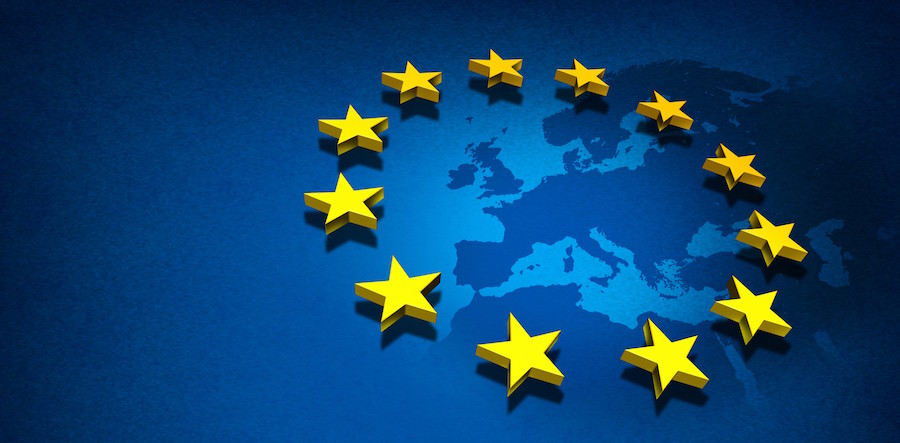Terrorists are no longer just spreading their message through violence and hate crime, now terrorists are able to remotely transmit their messages with the help of social media, reaching a global audience. Terror organisations have realised the potential of social media sites as platforms to disseminate propaganda and recruit youngsters. Social media has gone a long way in helping Isis attract new recruits from democratic Western societies, bringing Middle-East terror closer to home.
Who’s to blame?
The newly appointed director of GCHQ, Robert Hannigan, stated this week that tech companies based in the US had become “the command and control networks of choice” for terrorists. The director has pointed the finger at websites such as Twitter, Whatsapp and Facebook which are frequently used by Isis for remote communication and intelligence. Hannigan has asked that these organisations more readily co-operate with security services in issues of national security.
On the internet you can find detailed instructions on bomb making and videos of young Jihadis putting these instructions into practice in distant lands. The internet is now being used to glamorise and glorify terror in a way that has never previously been possible. Isis twitter accounts use popular hashtags, on Ebola and the World Cup for example, to lure in and advise potential militants. It was able to organise a march on the northern Iraq city of Mosul via Twitter with 40,000 tweets about the siege produced in one day.
What are the consequences?
It is undoubtedly the sophistication of the militants that is worrying the secret services the most. Clearly their internet based recruiting strategy is working with a British MP recently estimating that 1,500 British men have joined Isis in Iraq and Syria. Having said this, social media has helped government agencies crack down on terrorists by enabling them to spot potential recruits. The transparency of social media sites such as Twitter means that sometimes whole networks of terrorists can be identified.
With the help of encryption, terror organisations are able to radicalise and intimidate others over the Web scot-free. Both Apple and Google have promoted encryption to their users in recent times in order to tackle data theft.
It is this heightened privacy that Hannigan thinks is inadvertently helping terror organisations. It is a widely held belief in the security services that Edward Snowden did much to hamper efforts to change this promotion of privacy in Silicon Valley. Of course, the intelligence agencies haven’t done themselves any favours; it was allegations of mass surveillance that got them into this mess in the first place. Snowden exposed slides belonging to GCHQ which showed how the agency was able to tap 200 fiber-optic cables located beneath the Atlantic Ocean.
To learn more about your privacy and how to stay in control of your information read our post: What are the biggest threats to your Personal Information?
More recently, a UK civil liberties group Privacy International launched a complaint against six telecommunication firms who allegedly aided GCHQ in controversial covert operations. The fact that companies who co-operate with GCHQ are heavily scrutinised might serve to further deter tech companies from joining ranks.
In the past tech companies have been supported by privacy campaigners such as Big Brother Watch and Electronic Frontier Foundation; it is likely these groups would turn against them if they were to change their privacy policies.
Slowly but surely action is being taken. Recently the Security Minister James Brockenshire met with tech giants Microsoft, Facebook and Google in Luxembourg to discuss ways of confronting the emergence of terror on the Web. Since 2010, the Counter Terrorism Internet Referral Unit (CTIRU) has removed 49,000 pieces of content from the Web that have promoted terrorism.
Scotland Yards’ head of counter terrorism has stated that officers are removing upward of 1,000 pieces of content a week. Facebook and Google have both removed Isis videos from their webpages and Twitter has suspended 1,000 accounts linked to terror organisations. Evidently compromise is being made in Silicon Valley, but as Isis continues to make gains in Syria and Iraq, the questions remains is it too little too late?











